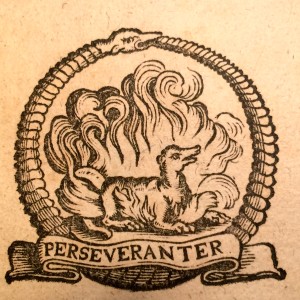Novel: Between Countries
I do not yet know where this will end up, but over the past decade or so, I have written a epic novel (230,000 words) entitled Between Countries.
I wrote this book out of an interest in Bombay, where I lived as a child, but also to explore how a pair of gay men a generation older than myself might have found each other in the days when the penalties for discovery were extremely harsh. What sort of people might they be? Talking to older gay men I knew, I realized at least one would be literally irrepressible, unable to be repressed or to repress oneself. That was Karl. Another might be privileged, accomplished, and bold to the point of arrogance. Thus Anil was born.
Having spent eight years in Asia by the time I was twenty-four, I also wanted to explore issues of belonging and nationality, a question that also seemed natural because of my parents. My father was a stateless World War II refugee, conscripted by Nazis at gunpoint before his nation vanished, and my mother grew up straddling the Anglo/Mexican divide in South Texas. They inspired the characters of Oscar and Ellie, although they bear little resemblance to them in the end.
So although this book is tightly plotted literary adventure, with spies and drugs and poverty and marital infidelities, not to mention riots, wars and famine, the story is personal to me. Most of the events I described here never happened, but I draw a richly on many that did, and many historical figures. It’s not RPF (real person fiction), but more of a what-if: what if India had possessed an atomic bomb at the time of its 1964 war with Pakistan, a decade before it exploded its first bomb? Could Indira Gandhi have benefited from this? Would she have wanted to? And why do nations choose to pursue or not pursue nuclear weapons, since many nations do not?
I have drawn the actions and statements of real people such as Indira Gandhi, Werner Heisenberg, Lise Meitner, Dr. Homi J. Bhabha, Prime Minister Lal Bahadur Shastri and future prime minister Morarji Desai from actual accounts, but invented freely where it served my purposes so I could bond their worlds to the worlds of my other characters, right down to Aashna, a teenaged widow begging on the streets of Mumbai, who crosses paths with Indira Gandhi in the pages of my book.
Nuclear proliferation is a big topic, as is the lingering impact of war. And yet, from the start I believed that I could say something about both while following seven point-of-view characters day by day, scene by scene, and that decisions on a grand scale–whether to build an atomic bomb–might not be so far removed from deciding whether to be kind, whom to marry and even what to have for lunch.
